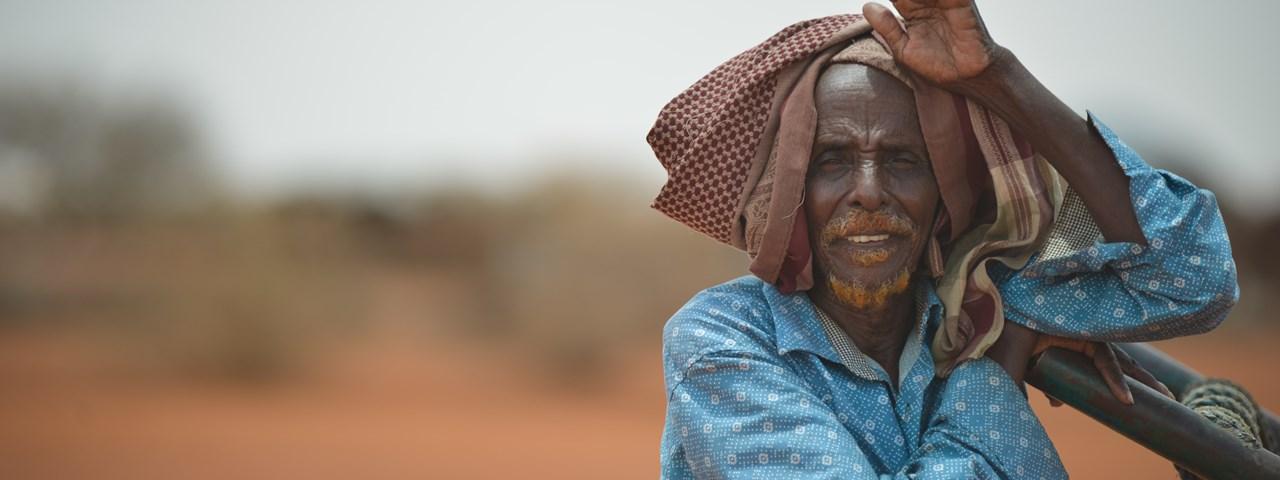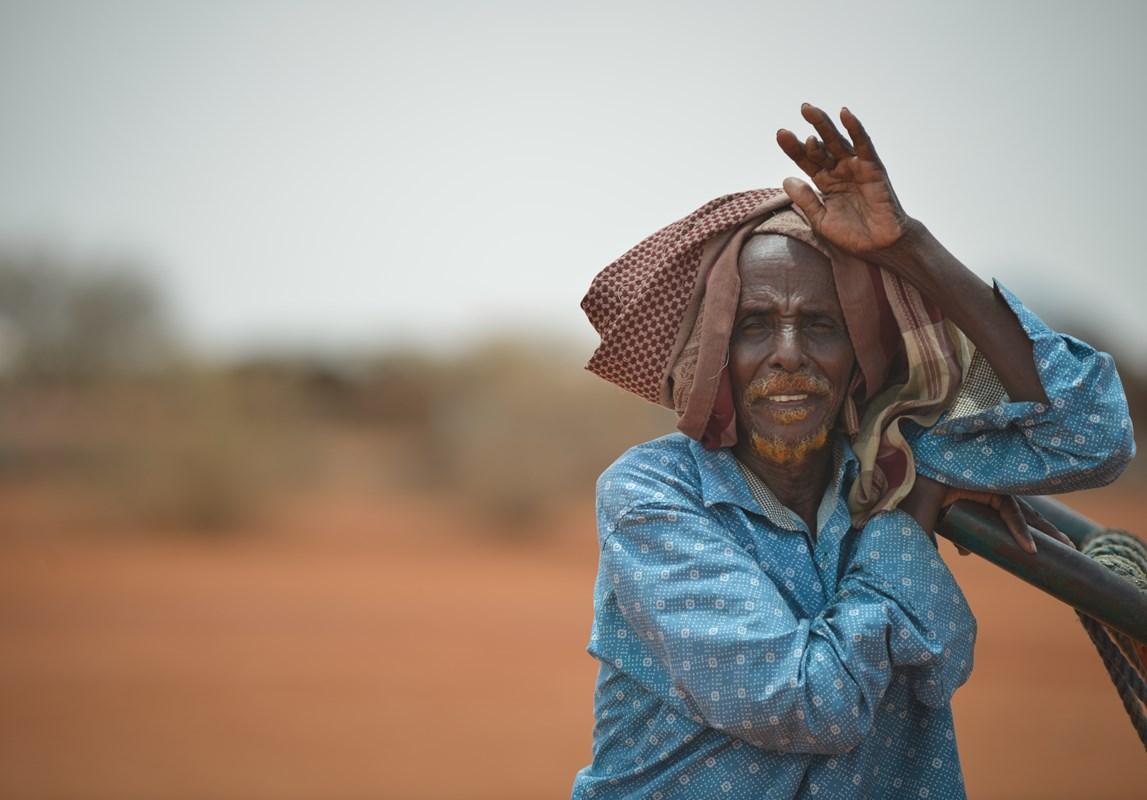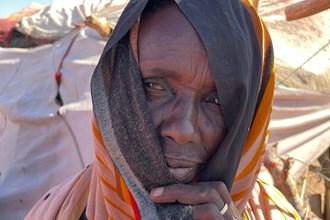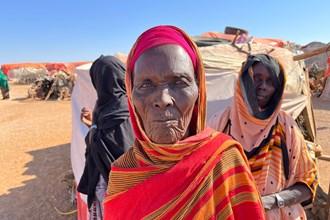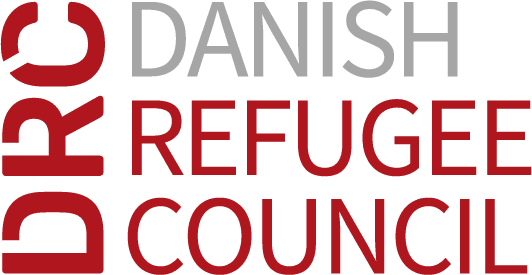DEMAC's Response to Unprecedented Floods in Somalia
The historic flooding during the October-December 2023 Deyr season, influenced by El Niño, affected 36 districts, impacting 2.5 million and displacing 1.7 million people in Somalia (UN OCHA). DEMAC is supporting diaspora responders in addressing urgent humanitarian needs resulting from this crisis. UN OCHA warned in a statement that this is a "flood event of a magnitude statistically likely only once in 100 years, with significant anticipated humanitarian impacts." As rains subsided, communities affected by the floods faced urgent needs caused by displacement, damage to infrastructure, and a cholera outbreak.
Heavy rainfall has restarted in Somalia since April 19th 2024, causing flash floods and rapid river level rises in various regions in Somalia. The Gu rainy season has already threatened 770,000 individuals across 22 districts, exacerbating the already critical outbreaks of cholera and acute watery diarrhea, which have already afflicted over 7,000 individuals this year.
DEMAC has been supporting diaspora organizations in responding to the crisis through hosting bi-weekly coordination meetings for diaspora to coordinate their responses and providing regular situation updates.
Somali Diaspora Organizations' Areas of Intervention

Health

Food Security

Emergency Shelter

Education
Somali Diaspora Response Map
0Highlights of Diaspora Responses
Diaspora organizations have been vital in addressing the widespread impact of floods since October 2023. Their initiatives include improving access to essential resources like food, clean water, and sanitation services.
Some diaspora groups are not just meeting immediate needs but also coordinating the reconstruction of crucial infrastructure, like bridges. They're also providing cash support for food and shelter, with a special focus on restoring water sources, training health staff, and holding awareness workshops. Advocacy for humanitarian aid, both internationally and within local communities, is a key aspect of diaspora initiatives.
Resources for Diaspora Organizations
This could also interest you
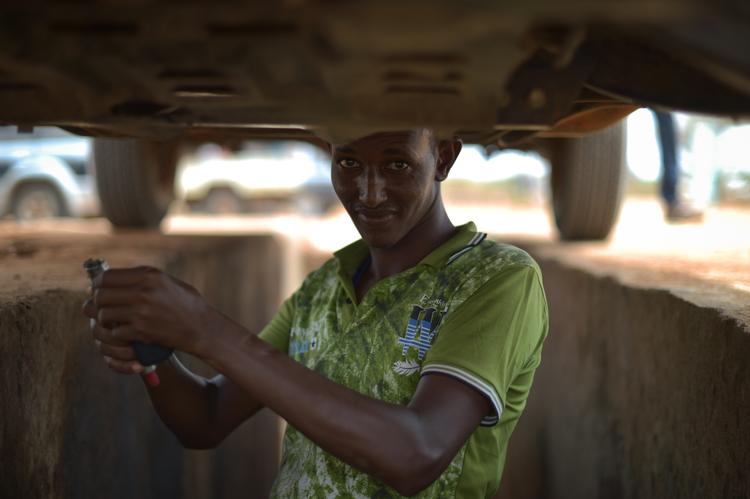
Training local Somali to enhance diaspora impact
HIRDA stands for Himilo Relief and Development Association The word 'Himilo' is a Somali word which means ‘vision’. Founded by members of the Somali diaspora in the Netherlands, HIRDA works with local organizations to find lasting solutions to poverty and human suffering in Somalia. Since their formation in 1998, HIRDA has become one of the leading migrant organizations in the Netherlands working on aid and development issues. They also established strong collaboratins with partners such as UNICEF and INGOs. The Vision: A Horn of Africa where people live in peace, without hunger and with equal opportunities for all. In July 2021, Fatumo Farah, Director of HIRDA, trained 18 HIRDA Somalia staff, partners and diaspora volunteers with the aim of enhancing diaspora development impact and building capacity about project management. This is to ensure that aid delivered to the affected people is more effective, efficient, accountable, transparent and sustainable. The training course included Project management skills, financial management and leadership. The participants have learned the whole project management cycle, from the initial phase up to the designing, implementation, monitoring and project closing. However, HIRDA does much more than trainings. They are involved in: Equal educational opportunities for boys and girls Promoting women empowerment in Somali society Mobilizing relief services for refugees and internally displaced people Creating income-generating activities Promoting social engagements within local communities Mobilizing the Somali diaspora to engage in the development of their home country HIRDA is acting as a bridge between local communities and international donor organizations and are politically neutral and non-discriminatory.

Diaspora Humanitarian Training Course
Are you new in the humanitarian sector or do you want to improve your humanitarian knowledge in an easy and accessible way? And are you engaged with a diaspora organization? Then this course is just for you! DEMAC has designed this course in cooperation with the Humanitarian Leadership Academy for diaspora responders as well as project managers, managers, volunteers, local responders and anyone wanting entry level insight into the humanitarian sector. Find it in on KAYA Connect How will you benefit from the training? This course has been made in response to frustrations, questions and development assistance requests from diaspora organizations and their local partners. The training will provide you with Simple breakdown of the humanitarian principles Responses to the challenges diaspora face following humanitarian principles Increased knowledge in advocacy tools Steps to contribute to policy development What donors are looking for when funding projects Information for effective fundraising Recording the work you do to become a tool for partnerships and funding Monitoring and evaluation skills that apply to your project It will therefore cover all relevant areas of humanitarian response, such as The Humanitarian Principles, Needs Assessments, Safety & Security, Accountability & Transparency, Organizational Development, Advocacy and Policy, Project Development, Bid Writing, Reporting, Monitoring and Evaluation, Risk Management and Corruption. How long does the training take? The course is made up of three modules which will take 125 minutes in total (extra time may be taken to complete activities in a supporting workbook). What does it cost? Good news: This course is free and you even will be able to download a certificate once you have completed all modules. In which language is the course available? In English and Arabic Photo Credit: Annie Spratt on unsplash.com
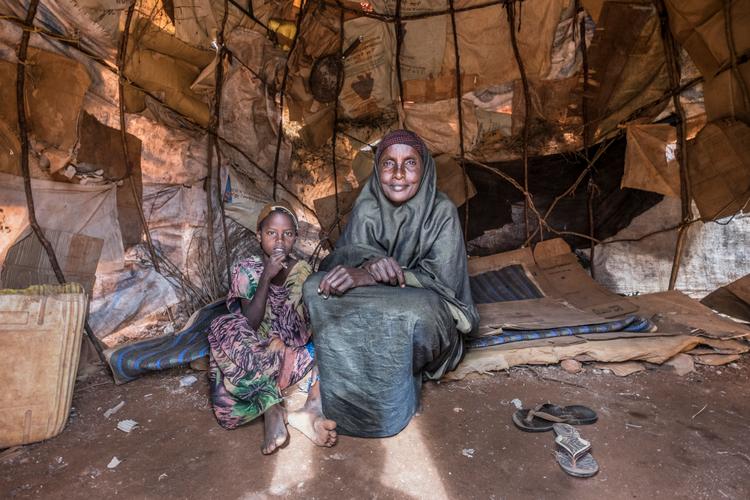
How Somali Diaspora organizations fight climate change & respond to humanitarian crises
Somalia has been plagued by climate shocks and violent conflict for more than 30 years, the latter caused by the collapse of the Somali central government in 1991. Since the formation of the Federal Government of Somalia in 2012, the country has made significant progress towards restoring peace and security. However, political instability and armed conflict has been ongoing, caused by clan dynamics and driven by land and natural resources competition. This was worsened by the recurrent climatic shocks of periodic droughts and floods. In 2021, almost 6 million people were in need of humanitarian assistance. Parallel to the institutional humanitarian system, Somalis diaspora groups are emerging actors and provide life-saving support. In the recent case-study we have identified 22 Somali diaspora organizations that were regularly active in humanitarian response with the majority based in Europe, followed by North America. Over half have formal structures and set-ups. The Somali diaspora counts over two million globally and has a deep-rooted tradition of providing both continuous and ad-hoc support, often in the form of remittances, to their families, clans and communities. They are fast responders in times of severe crisis and can scale-up distributions significantly. Those diaspora groups are involved in multiple areas such as livelihoods, women’s empowerment and education; they were less involved in protection, nutrition, provision of direct health services, livestock treatment and economic development. The majority of their responses were for sudden-onset crises such as floods and cyclones. But also displacement due to armed conflict and spikes in drought were other leading reasons for diaspora organizations’ humanitarian response. Interested for more? Read our report here
